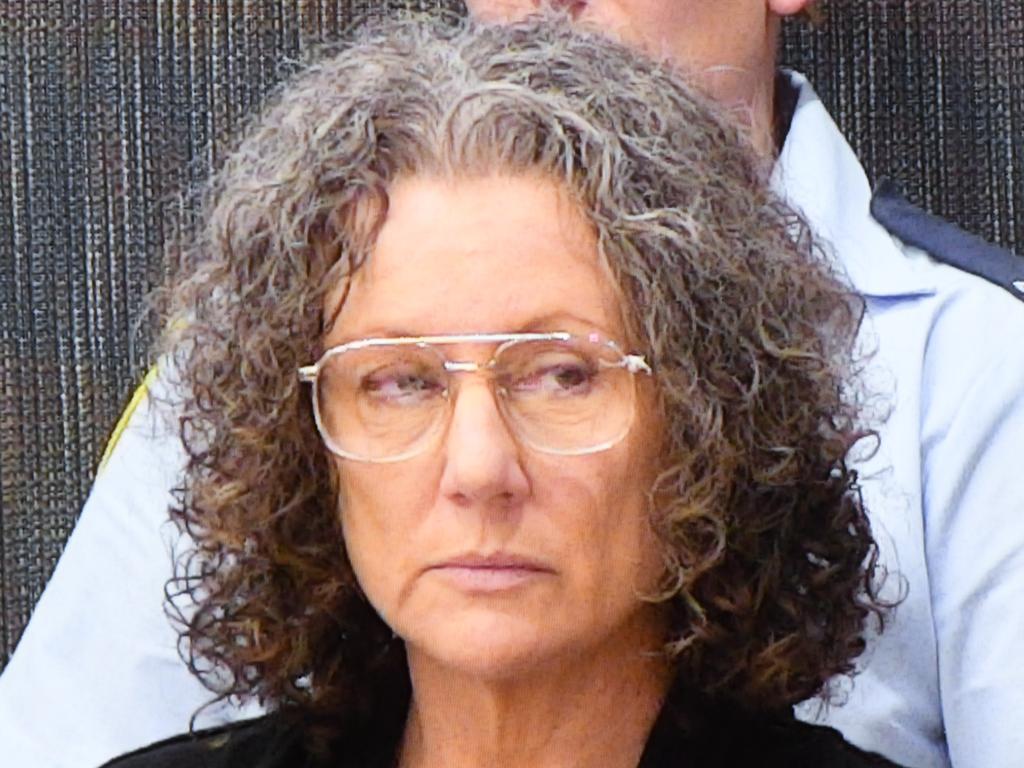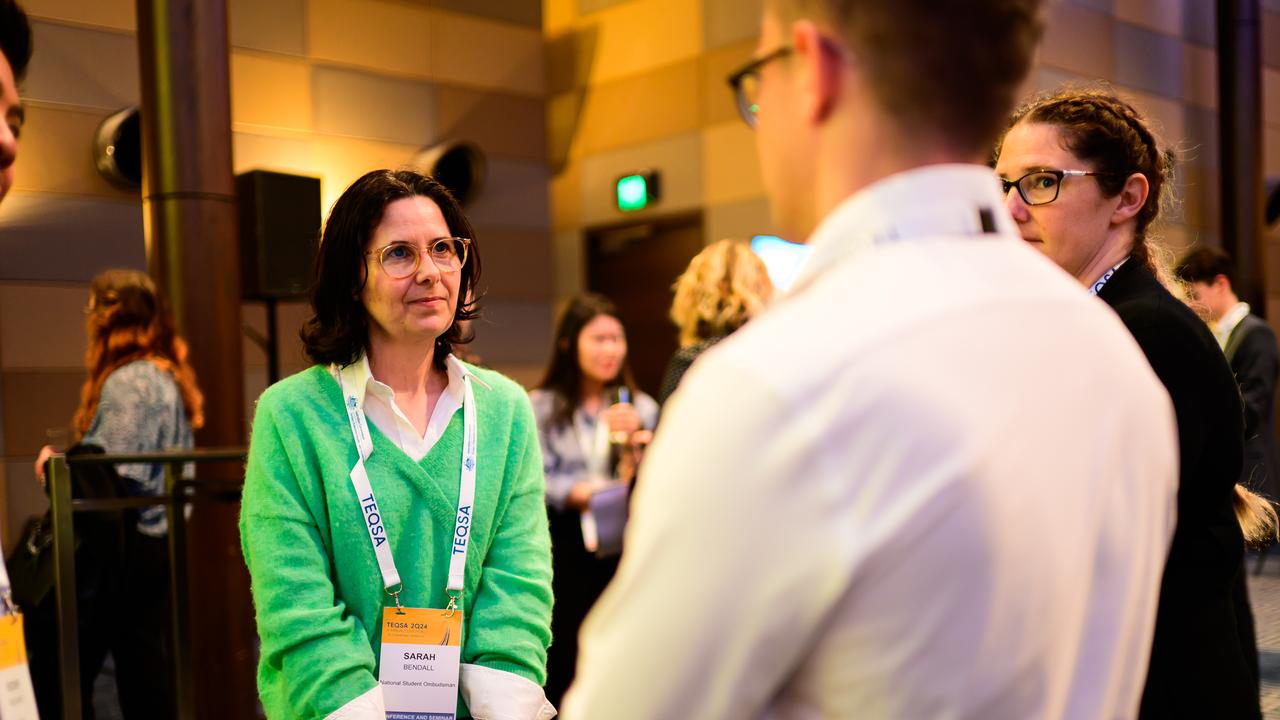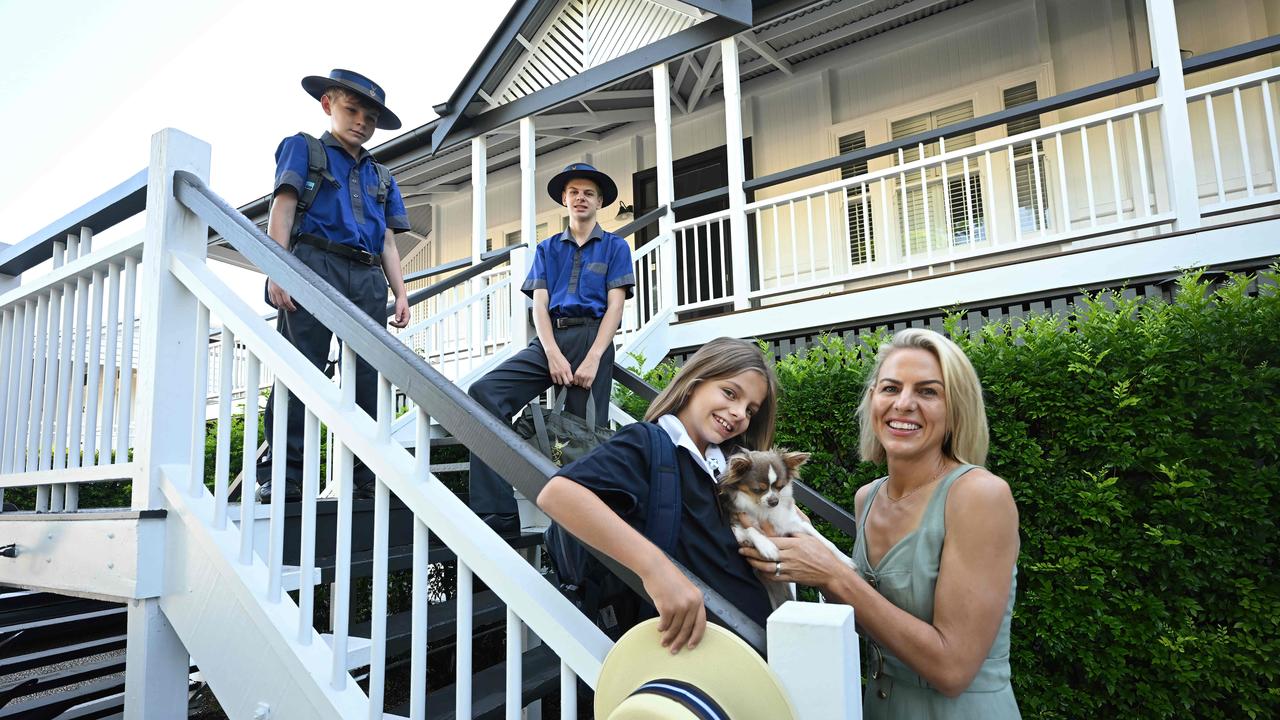Folbigg to launch legal action for children’s remains as indicators emerge she could be released
Convicted child killer Kathleen Folbigg’s first move if she is released from prison will be to track down the ashes of her four children, which she believes were removed by their father.

Convicted child killer Kathleen Folbigg’s first move if she is released from prison will be to track down the ashes of her four children that she believes were removed from a Singleton church by their father, as the first indicators that she could be released come to light.
Folbigg, who is serving a 30-year sentence for smothering her children, sought legal advice from prison to look into the possibility that her ex-husband, Craig, had removed the children’s ashes from their resting place in a wall and put them in a “specially designed table”, letters she wrote from behind bars show.
It comes as the first suggestions emerge that a wide-ranging inquiry into her conviction that examined genetic evidence that her children died from natural causes could see her released, after counsel assisting handed its report to chair Justice Thomas Bathurst this week.
The report, which is yet to be released publicly, is believed to contain the recommendation that there was reasonable doubt as to Folbigg’s guilt and there was evidence to suggest she had been a “loving and caring mother”, sources close to the case said.
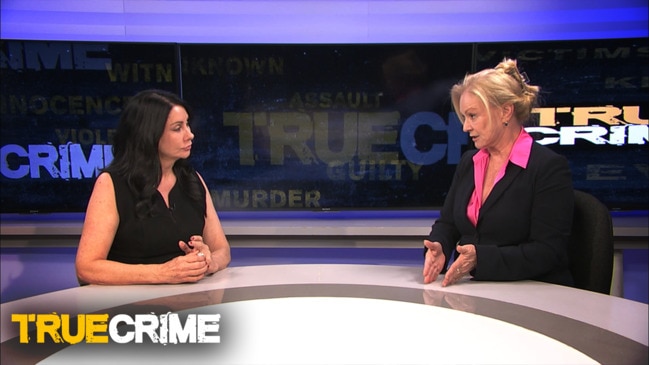
The 400-page report summarises the findings from almost three weeks of hearings during which world-leading scientific and psychological experts gave evidence examining if it was possible her children, Caleb, Patrick, Sarah and Laura, had died from underlying genetic causes.
Hundreds of pages of letters written by Folbigg to her childhood friend and supporter Tracy Chapman released during the inquiry reveal her concerns about the location of her children’s ashes.
“Now that he thinks that I’m right out of the picture he may of removed them and taken them back home with him,” she said in one letter.
“I’ve decided if I find out he has, it’s on. He has no right to treat my children’s remains as property.
“And when I’m released I want to be able to visit and say hello I’m back kids and sit with them whenever I want.
“As their mother I must still have rights, surely he couldn’t have had them removed without my permission.”
The letters also reveal Folbigg’s squabbles about what to do with the remains before her incarceration, her accusation that Craig had previously retrieved the ashes of the oldest three children from the cemetery when Laura died and his plans to store the ashes in a coffee table.
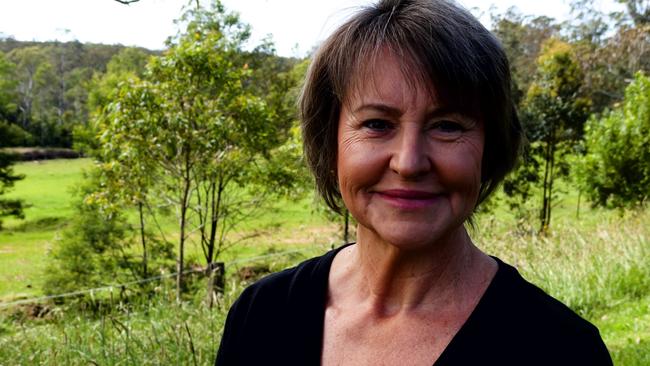
Ms Chapman, who frequently speaks to Folbigg in prison, said she had often spoken about her desire to sit with “her angels” again and was planning to take legal action to retrieve them, but remained focused on the outcome of the inquiry.
Ms Chapman, who has not seen a copy of the report but has read exerts by Folbigg, said despite the positive indicators that the inquiry was leaning in their favour, her focus remained on keeping her and Kathleen’s hopes in check while the justice system ran its course.
“It was pretty emotional,” she said. “Kath is feeling happy that it has finally been vindicated that she was a loving and caring mum.
“I keep grounded and reminding her it’s only the start of the whole inquiry journey, but it’s wonderful counsel assisting’s report was positive but Justice Bathurst clearly said he would make up his own mind.
“But there is hope. She’s seen the report and she’s really happy with it. She’s hopeful when he makes his decision he will agree with counsel assisting.”
The inquiry focused on genetics that suggested Sarah and Laura’s death may have been the result of a mutation in the CALM2 or calmodulin gene, of which Folbigg is also a carrier, as well as indicators her sons carried other rare mutations.





